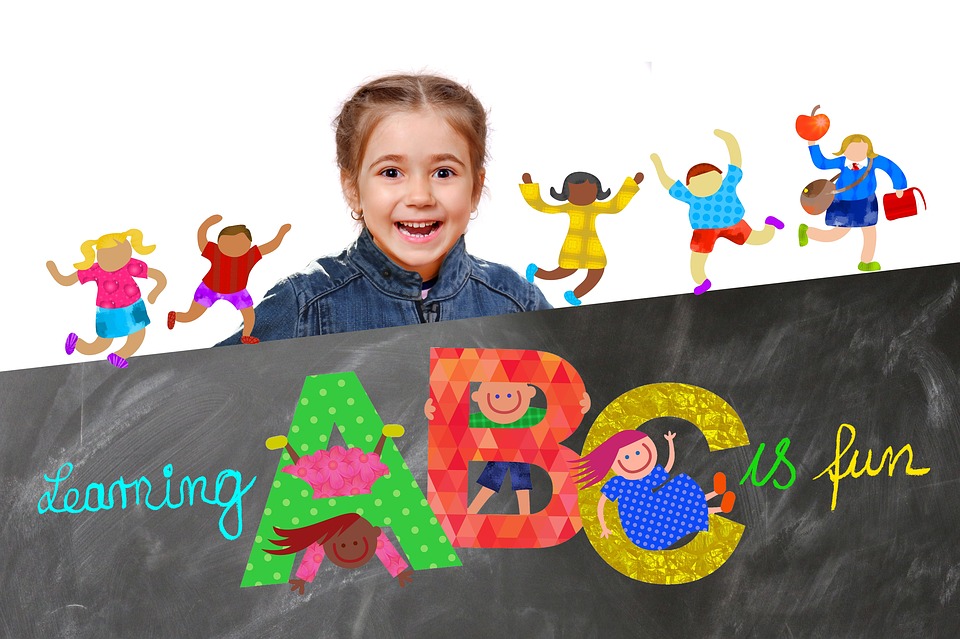
Al te vaak zijn beleidsmakers en politici aan het dwepen met het standpunt dat verplicht kleuteronderwijs een noodzaak is voor kinderen in een achterstandcontext en verwacht men een emancipatorische invloed van dit onderwijs. Ook in de VS is deze premisse lang aangehouden maar recent onderzoek (2018) trekt de evidentie van deze aanname in twijfel.
Citaten uit de blog van R. Slavin (*) :
“If there is one thing that everyone knows about policy-relevant research in education, it is this: Participation in high-quality preschool programs (at age 4) has substantial and lasting effects on students’ academic and life success, especially for students from disadvantaged homes. The main basis for this belief is the findings of the famous Perry Preschool program, which randomly assigned 128 disadvantaged youngsters in Ypsilanti, Michigan, to receive intensive preschool services or not to receive these services. The Perry Preschool study found positive effects at the end of preschool, and long-term positive impacts on outcomes such as high school graduation, dependence on welfare, arrest rates, and employment (Schweinhart, Barnes, & Weikart, 1993). But prepare to be disappointed.
Recently, a new study has reported a very depressing set of outcomes. Lipsey, Farran, & Durkin (2018) published a large, randomized study evaluating Tennessee’s statewide preschool program. 2990 four year olds were randomly assigned to participate in preschool, or not. As in virtually all preschool studies, children who were randomly assigned to preschool scored much better than those who were assigned to the control group. But these results diminished in kindergarten, and by first grade, no positive effects could be detected. By third grade, the control group actually scored significantly higher than the former preschool students in math and science, and non-significantly higher in reading!
I would argue that rather than considering preschool magic-or-nothing, we should think of it the same way we think about any other grade in school. That is, a successful school experience should not be one terrific year, but fourteen years (pre-k to 12) of great instruction using proven programs and practices.”
(*) Robert Slavin is director of the Center for Research and Reform in Education at Johns Hopkins University, a part-time professor at the Institute for Effective Education at the University of York (England), and chairman of the Success for All Foundation.
https://robertslavinsblog.wordpress.com/2018/08/02/preschool-is-not-magic-heres-what-is/
zie ook:
Chambers, B., Cheung, A., & Slavin, R. (2016). Literacy and language outcomes of balanced and developmental-constructivist approaches to early childhood education: A systematic review. Educational Research Review 18, 88-111.
http://www.bestevidence.org/word/early_child_ed_Mar_13_2016.pdf
Veel belangrijker is om na te gaan welke programma’s in het kleuteronderwijs de ontwikkeling van kinderen stimuleren en dus is meer evidence based onderzoek nodig alvorens beleidsmaatregelen te nemen.
Comprehensive preschool programs that include direct teaching and child-initiated activities, also called free play, increase literacy and language development; programs that focus solely on child-initiated activities do not (BEE-Chambers 2016). Child-directed play is important, however, as it contributes to healthy cognitive, social, and physical development (Belknap 2014). Explicit academic instruction, low staff-to-student ratios (Camilli 2010), instructional support, and rich student/teacher interactions are components of effective preschool programs (Garcia-Carrion 2016).